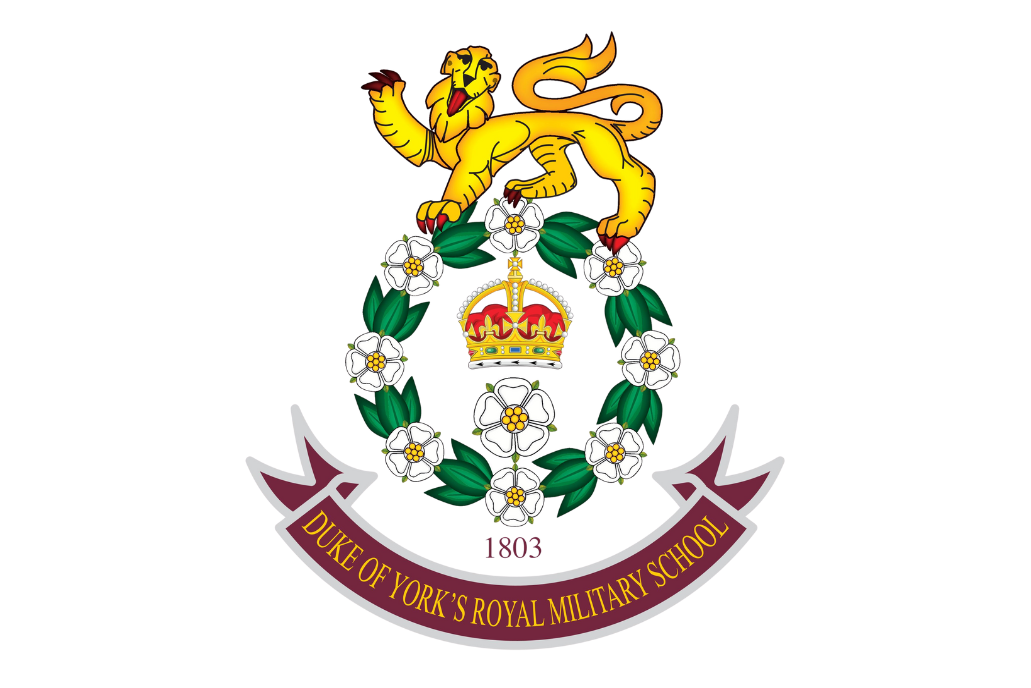The Royal Air Force is urgently seeking pilots after an unlawful diversity-focused recruitment policy led to a critical shortfall in combat-ready personnel. Previously overlooked candidates, including those rejected due to assessment scores, are now being encouraged to reapply as the RAF attempts to fill cockpit vacancies.
Pilot Shortage Crisis
Reports suggest the RAF is facing a 30 per cent shortfall in pilots at the Flight Lieutenant and Squadron Leader ranks, though official sources have contested these figures without providing alternative data. To address the gap, RAF leadership is urging older applicants with prior flight experience to come forward, alongside personnel from other branches who may have previously been deemed unsuitable.
An internal briefing note, dated 5th March and titled ‘Opportunities for Professional Transfer to the Pilot Specialisation’, states that the RAF requires “a higher number of pilots for flying training.” Applications must be submitted before a candidate’s 24th birthday, though exceptions may be made for those with relevant aviation experience.
The shortage comes as Prime Minister Sir Keir Starmer pledges to deploy RAF jets as part of a post-conflict stabilisation force in Ukraine. His government has also committed to increasing defence spending to 2.5 per cent of GDP, while European allies accelerate military investment following Donald Trump’s warning that the US may no longer guarantee their security.
Recruitment Controversy and Training Delays
The recruitment crisis follows a 2023 inquiry that found the RAF had unlawfully discriminated against white male pilot applicants in an effort to prioritise women and ethnic minorities. A review determined that 31 white male trainees were deliberately held back, later receiving compensation. The RAF was subsequently forced to admit that its target of 40 per cent female and 20 per cent ethnic minority personnel by 2030 was “unrealistic.”
Group Captain Lizzie Nicholl, then head of RAF recruitment, refused to implement the directive, arguing it violated the Equality Act. An internal investigation later confirmed she faced “significant and at times unreasonable” pressure to comply. The scandal led to calls for the resignation of the RAF’s former Chief of the Air Staff, Air Chief Marshal Sir Mike Wigston.
Meanwhile, pilot training delays have compounded the crisis. Issues with the reliability of the Hawk T2 training aircraft, combined with an obligation to train pilots from Gulf states as part of the UK’s Typhoon jet sales contracts, have stretched resources thin. The time required to train a new RAF pilot had extended to seven years but has reportedly been reduced to three and a half.
Operational Readiness and Future Challenges
Despite these challenges, an RAF spokesperson has insisted that the force remains fully operational:
“We have sufficient pilots and aircrew to conduct all current operations and service the front line. Additionally, active management of the flying training system has reduced training times and the backlog of student aircrew in the training pipeline. This good progress has enabled us to reopen aircrew applications for serving personnel.”
However, concerns remain over the long-term sustainability of the RAF’s pilot training pipeline. The House of Commons Defence Select Committee has previously warned that delays and backlogs in producing combat-ready aircrew have “serious implications for the effectiveness of our armed forces.”
Shadow Armed Forces Minister Mark Francois has described the situation as a “perfect storm,” blaming recruitment mismanagement, post-COVID airline competition, and technical issues with training aircraft.
“If we are now going to see ‘jets in the sky’ defending any Ukrainian peace deal, then we need enough trained pilots to fly them,” he said.
As the RAF scrambles to correct course, questions remain over whether its recruitment and training systems can recover in time to meet the UK’s expanding defence commitments.
